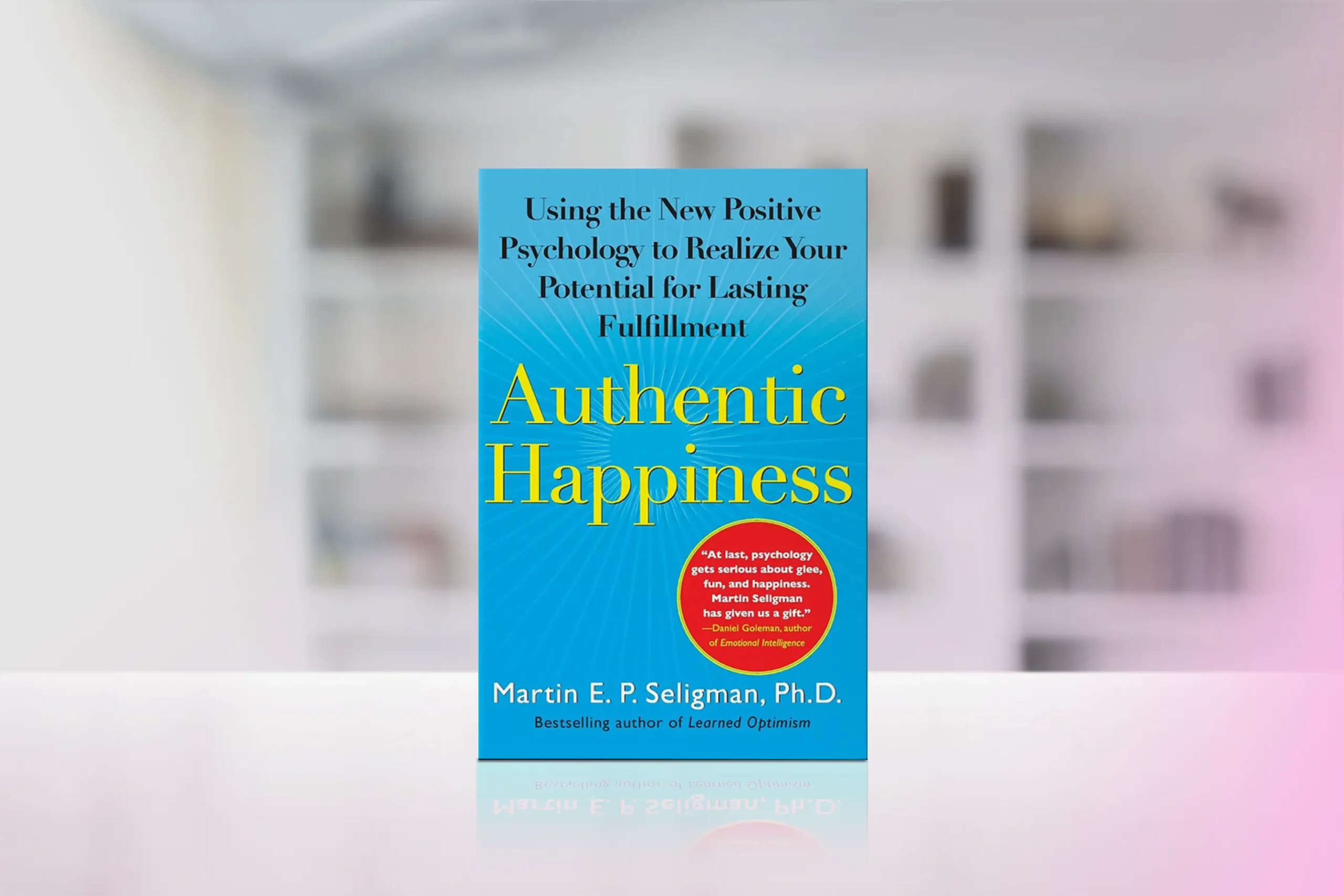Martin Seligman, the founder of positive psychology, presents a groundbreaking approach to achieving genuine happiness in this seminal work.
Published in 2002, “Authentic Happiness: Using the New Positive Psychology to Realize Your Potential for Lasting Fulfillment” shifts the focus from treating mental illness to building positive emotional states.
The book’s core premise is that true happiness isn’t about perpetual cheerfulness, but rather about identifying and cultivating your unique strengths to create lasting fulfillment and meaning in life.
Core Concepts
The book introduces several fundamental principles of positive psychology:
- The Three Paths to Happiness: Pleasant Life (focused on positive emotions), Good Life (engagement and flow), and Meaningful Life (serving something greater than oneself)
- Character Strengths and Virtues: Identifying and developing personal strengths through scientifically validated assessments
- Learned Optimism: Developing a more positive explanatory style while maintaining realistic perspectives
- Flow: Engaging in activities that create optimal experiences by matching challenges with skills
- Positive Relationships: Building and maintaining fulfilling connections through active-constructive responding
- Authentic Happiness Formula: H = S + C + V (Happiness equals Set Range plus Circumstances plus Voluntary Control)
Chapter-by-Chapter Review
Part 1: Positive Emotions (Chapters 1–7)
Seligman begins by reframing psychology’s focus from illness to strengths, challenging the old belief that happiness is inauthentic. He introduces three dimensions of happiness—the Pleasant Life, the Good Life, and the Meaningful Life—arguing that lasting fulfillment requires all three. He also presents the “Happiness Formula” (H = S + C + V), showing how voluntary actions have far more impact than circumstances or genetics.
This section also explores our relationship with time: cultivating gratitude and forgiveness to reshape the past, adopting optimism for a hopeful future, and savoring the present through mindfulness, flow, and gratifications that go deeper than fleeting pleasures.
Part 2: Strength and Virtue for Authentic Happiness (Chapters 8–9)
Here, Seligman emphasizes the role of character in building well-being. He introduces the Values in Action (VIA) Classification, a framework of 24 strengths organized under six virtues like wisdom, courage, and humanity. These serve as the building blocks of authentic happiness.
The focus then shifts to identifying and using one’s “signature strengths” in daily life—traits like creativity, kindness, or perseverance—to create alignment between personal values and lived experiences, fostering fulfillment and resilience.
Part 3: In the Mansions of Life (Chapters 10–14)
The final section explores how happiness applies across life domains. Work can be just a job, a career, or, ideally, a calling aligned with strengths. Love and marriage thrive when partners nurture gratitude, kindness, and communication. Parenting gains depth when children’s optimism and strengths are cultivated.
Education is reframed as a place to teach well-being, not just academics. Finally, Seligman looks outward, suggesting governments and institutions have a role in promoting societal well-being, making happiness a collective as well as personal pursuit.
Key Strengths
- Scientifically grounded approach to happiness
- Practical assessment tools and exercises
- Clear framework for personal development
- Research-backed strategies
- Balance of theory and application
Potential Drawbacks
- Some scientific concepts may feel dense
- Certain exercises require significant self-reflection
- May seem overly academic for some readers
Who This Book Is For
This book is particularly valuable for:
- Individuals seeking evidence-based approaches to happiness
- Professionals interested in positive psychology
- People looking to develop greater emotional well-being
- Anyone wanting to understand the science behind happiness
Final Review
“Authentic Happiness” offers a comprehensive, science-based approach to creating lasting well-being. While some sections may be academically oriented, Seligman successfully translates complex research into actionable strategies. The book provides a robust framework for building genuine happiness through character strengths and meaningful engagement.
What sets this work apart is its emphasis on empirically validated techniques and its recognition that happiness isn’t a one-size-fits-all concept – it’s about finding your unique path to fulfillment through understanding and applying your signature strengths.
Rating: 4.4/5
A foundational text that combines scientific rigor with practical wisdom to help readers create authentic and lasting happiness.
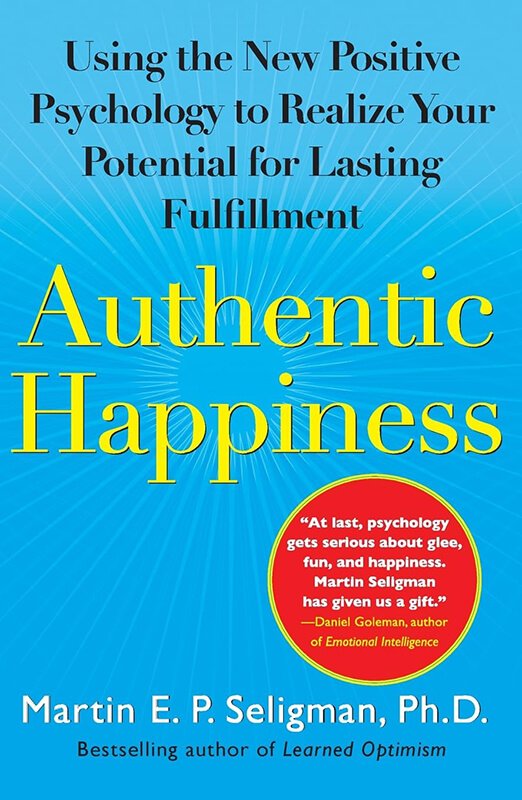
Alternative Books
For readers interested in exploring similar themes, consider these highly-rated alternatives:
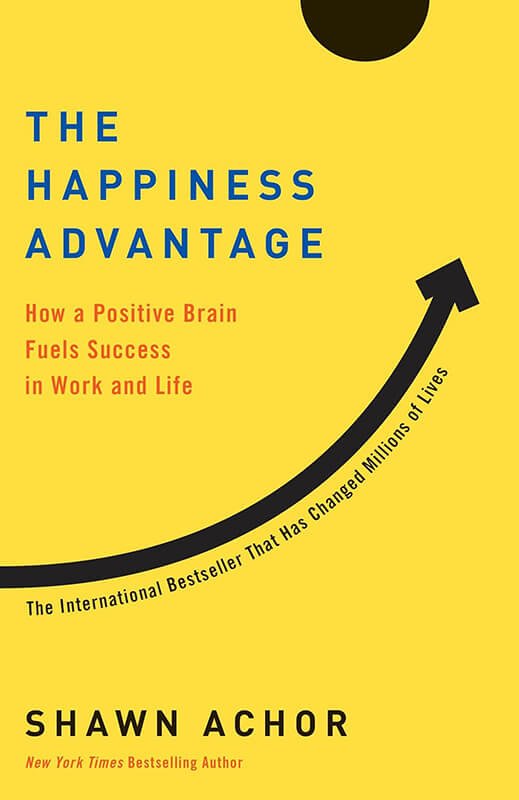
“The Happiness Advantage” by Shawn Achor
A practical guide to leveraging positive psychology in work and life.
Rating: 4.6/5
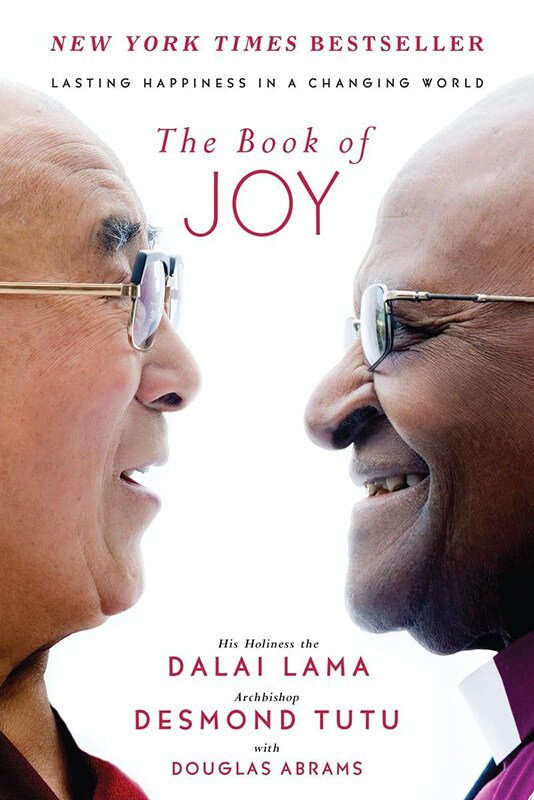
“The Book of Joy” by Dalai Lama and Desmond Tutu
A profound exploration of lasting happiness through wisdom and compassion.
Rating: 4.8/5
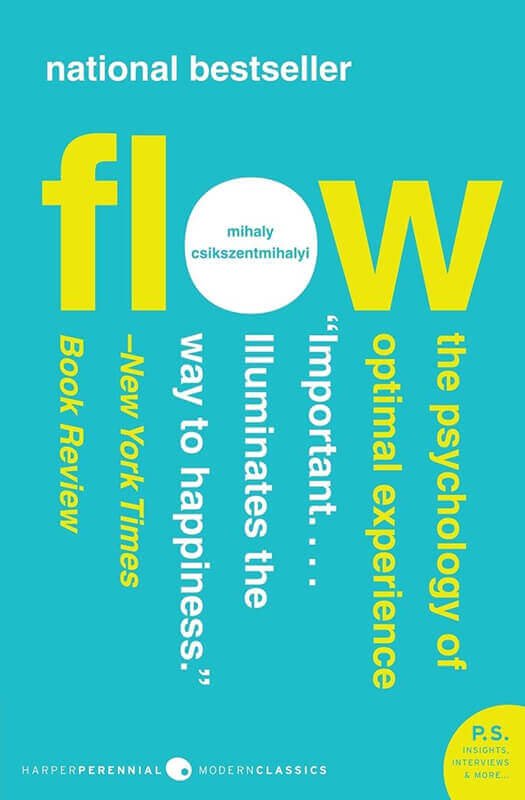
“Flow: The Psychology of Optimal Experience” by Mihaly Csikszentmihalyi
A deep dive into the science of engagement and optimal experience.
Rating: 4.5/5

